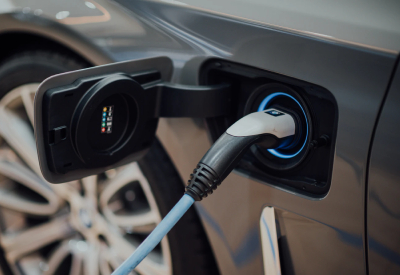Canada Invests in Newfoundland and Labrador’s Electric Vehicle Network

July 17, 2020
The Government of Canada is committed to innovation and building a clean energy future to strengthen the economy, create good jobs and support the natural resource sectors. This will be more important than ever as we begin to reopen the economy and plan our recovery.
Seamus O’Regan, Canada’s Minister of Natural Resources, announced a $770,000 investment to help Newfoundland and Labrador Hydro build 28 electric vehicle (EV) chargers across the province that will create good, middle-class jobs and support Canada’s transition to a clean energy future by reducing pollution.
The federal funding, which builds on the $1,289,400 the Government of Newfoundland and Labrador is investing in the project, is provided through the Electric Vehicle and Alternative Fuel Infrastructure Deployment Initiative (EVAFIDI) and the Zero-Emission Vehicle Infrastructure Program.
It will help Newfoundland and Labrador Hydro to build an EV network along the Trans-Canada Highway, connecting the province’s capital, St. John’s, to Port aux Basques. Fourteen sites will feature both a fast charger and a Level 2 charger. Construction of the first site is scheduled to start this summer. These chargers represent an important milestone, as Newfoundland and Labrador becomes the tenth and final province/territory to join the national EV network that stretches across Canada.
This investment builds on commitments from both the federal and provincial governments to achieve net-zero emissions by 2050. It also supports the Government of Canada’s goal to reach its ambitious target of 100 percent of passenger zero-emission vehicle sales by 2040.
To reach this target, the Government of Canada has provided over $300 million to support the establishment of a coast-to-coast national network of fast chargers for electric vehicles, including charging stations at apartment buildings, public places and workplaces and establishing natural gas refuelling stations along key freight corridors and hydrogen stations in metropolitan centres. The infrastructure resulting from these investments will ensure that people can drive and charge their vehicles across Canada, as well as where they live, work and play. Support is also given for the demonstration of next-generation charging technologies as well as the development of enabling codes and standards.









![Guide to the Canadian Electrical Code, Part 1[i], 26th Edition– A Road Map: Section 56](https://electricalindustry.ca/wp-content/uploads/2022/11/Guide-CE-Code-2.png)






